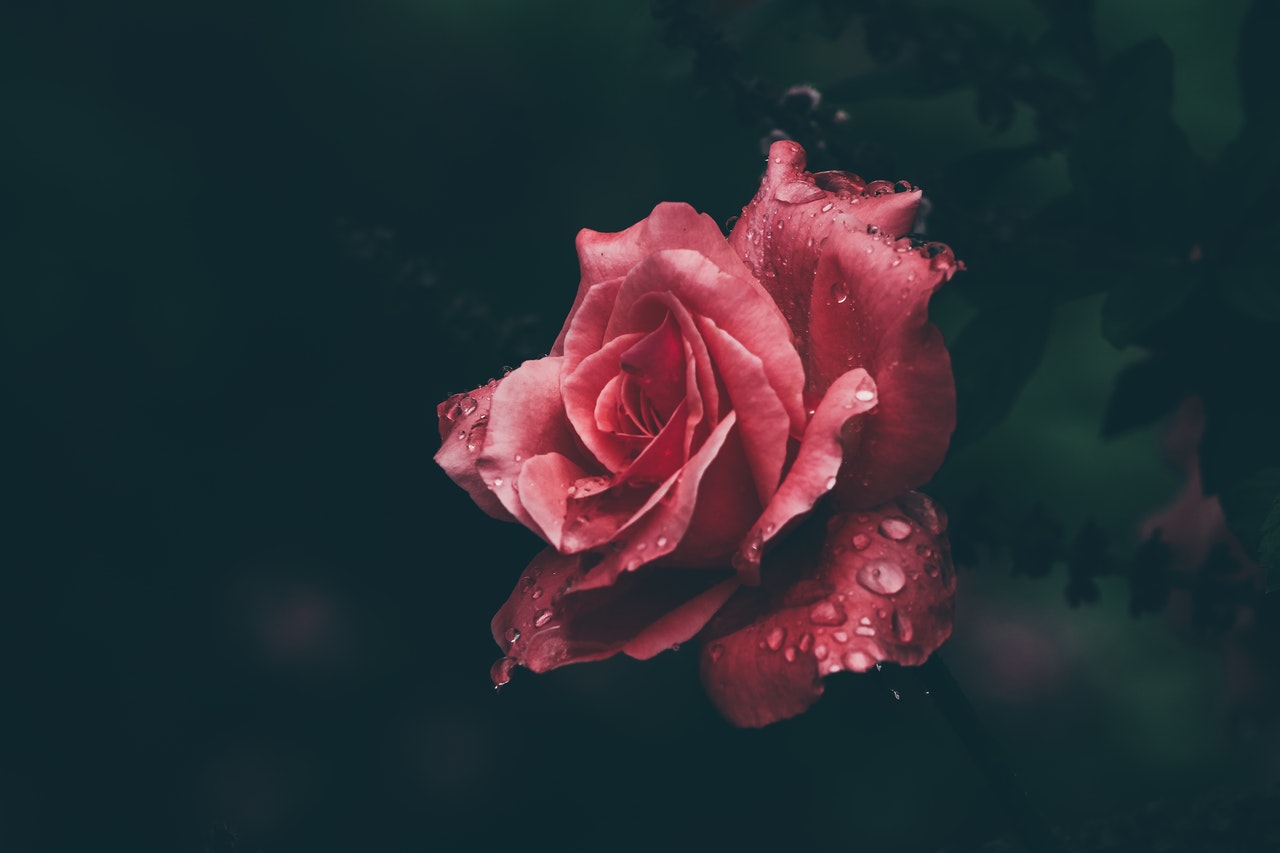This is theater with a twist. Forget the usual routine of thespians just sashaying up and down the stage. In Phobia, be prepared to see a group of performers play with ice, windscreen wipers, celery and egg beaters. Curious, we sit down with director Douglas Horton.
What inspired you to create Phobia?
It is inspired in part by Hitchcock’s late ’50s classic Vertigo, as well as the whole realm of film noir and suspense genres that Hollywood has bequeathed us. The production of this soundscape is also inspired by Foley artists, who were sound effect artists during the ’50s and ’60s. It mirrors their activities. At that time, the entire soundtrack for a film, including the dialogue and hand produced sound effects, was often dubbed after a film’s completion.
What is the concept behind Phobia?
The central concept of Phobia revolves around the activities associated with producing a soundtrack to an imagined film. This focus on sound is punctuated by occasional filmic apparitions performed behind and in the setting. The theatricality, musicality, irony and humor of the work is partly motivated by the absurdities and intricacies involved in producing this sound world. Even the archetypal voices of femme fatale or detective never rest with any one performer.
What is the message Phobia is trying to convey?
Phobia is really an elaborate send-up of filmmaking and the Hollywood thriller. Film noir’s standard repertoire of emotional devices includes suspense, deception, mystery, paranoia and manipulation. In the ’50s and ’60s, these emotional states resonated with a world extremely anxious about communist subversion and the nuclear war. At the center of these works are beautiful, vulnerable and mysterious women. The genre thrived, and continues to thrive, on the fulfillment of male fantasies and concerns.
What is the most unconventional prop you’ve ever used to create a sound effect in the show?
We use celery to make the sound of breaking bones. It’s used while a performer is doing a backward somersault down a staircase in slow motion.
You’ve directed productions such as The Heiress and Sweet Death. How do you think Phobia is different from your previous operas in terms of production?
For one thing, there is no singing in Phobia. And in relation to orchestration, I have never worked with such an odd bunch of instruments!





